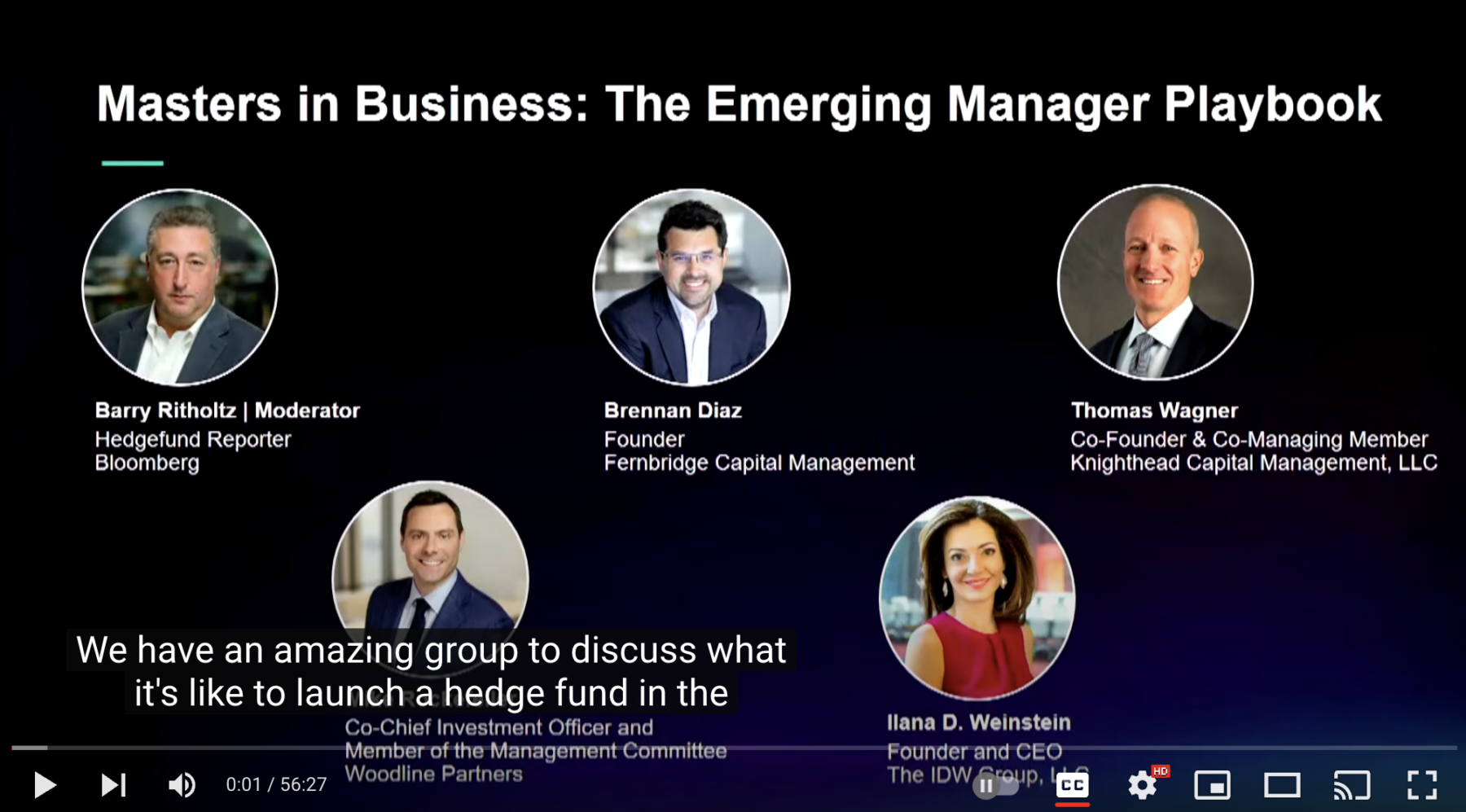Big Labor apologists have been touting a so-called “union boom,” but the numbers show the inverse is true — workers overwhelmingly don’t want unions in their workplace.
Union partisans, including Bernie Sanders at a recent Senate Labor Committee hearing, frequently cite a Gallup poll from last summer regarding “union approval” rates.
Yet they fail to mention the same poll asked a more important question: Do nonunionized workers actually want to join a union?
The answer was a resounding NO.
A sizable majority said they were “not interested at all” in joining a union, while barely 1 in 10 were strongly interested in joining a union.
But that’s not the only evidence of workers not wanting to voluntarily associate with unions.
A significant, if underreported, trend in recent years is that unionized workers are seeking votes to remove unions they oppose.

The National Labor Relations Board’s own case data on union election petitions shows that in 2022, a worker under union control was far more likely to seek a vote to remove that union than a nonunion worker was to seek a vote to unionize.
Not only that, but there was a 20% increase in petitions for votes to remove a union from a workplace — known as decertification elections — last year compared with 2021.
Starbucks employees across New York state — whose unionization made headlines not long ago — are already seeking votes to end union “representation,” including at a flagship Starbucks Roastery location in Manhattan.

As demonstrated in some recent cases National Right to Work Foundation staff attorneys brought for employees opposed to union affiliation, workers have plenty of reasons to not want anything to do with union officials and their so-called “representation.”
Take the case of Tanner Bradigan, a Delaware concrete worker who attended an International Union of Operating Engineers meeting in December to learn more about what the union was offering.
When the 24-year-old spoke up saying union officials’ answers to workers’ inquiries were insufficient and he would not be supporting the union, union bosses threatened Bradigan and anyone else who opposed the union with physical violence.
Unfortunately, this case isn’t simply a one-off. Workers face all types of thuggish and underhanded tactics at the hands of union tyrants.
Texas Kroger employee Jessica Haefner stated she was told by a union official to opt out of union dues by writing “$0” in the dues slot of her union card.
Only later she found that her dues card was altered so union dues would still be confiscated from her paycheck, without her knowledge or permission.
Those are only two examples from the hundreds of cases NRWF attorneys litigated for the worker victims of forced-unionism abuses in the just the past year.
If a business mistreated its customers the way union officials so often abuse rank-and-file workers, it would either have to clean up its act quickly or go out of business.
Big Labor officials, however, can use government-granted power to stop workers from fleeing union ranks.
Led by former union lawyers, the Biden National Labor Relations Board is now doing just that in the ongoing rulemaking to overturn the “Election Protection Rule.”
That rule, which we back, eliminated some of the most egregious tactics used by union officials to delay or stop worker-requested decertification votes.

Also on the chopping block is a reform allowing workers to request a secret-ballot vote challenging unionization through “card check,” a process where union organizers pressure and often mislead workers into signing union cards that are then counted as “votes” for unionization.
That rollback is particularly pernicious since Jennifer Abruzzo, the union-lawyer-turned-NLRB-general-counsel, is seeking to overturn more than a half-century of legal precedents to mandate such card-check unionization.
In other words, the Biden labor board is simultaneously seeking to make it easier for unions to force workers into their ranks and making it harder for workers to escape unions they oppose.

Union bosses and their political allies are trying to peddle the lie that workers overwhelmingly want to be in unions.
But the Biden NLRB’s pursuit of an increasingly coercive legal regime is an effective admission that government force is the real union-organizing tool.
American workers don’t appreciate being forced into unions or treated like pawns in a game where union-backed politicians seek to repay those that backed their election.
Until union bosses and their cronies in government realize workers aren’t political tools, worker skepticism of unionization will remain.
Mark Mix is president of the National Right to Work Foundation.















